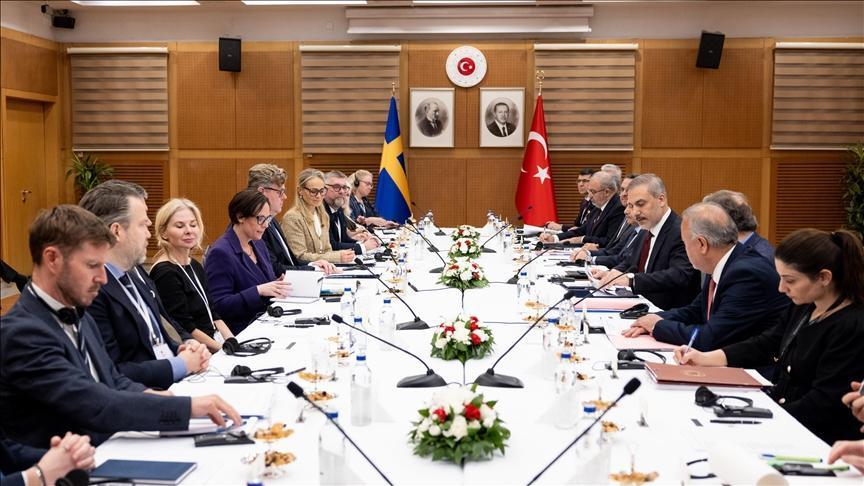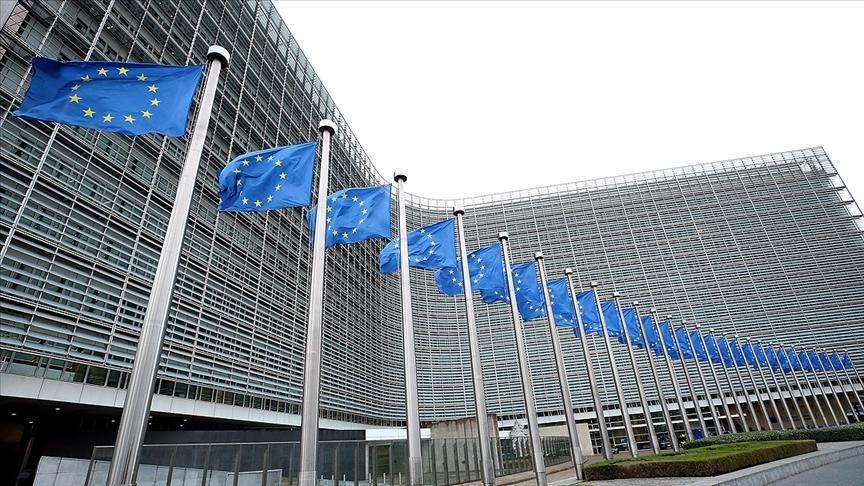The last resort
M. J. AKBAR
If by any mistake Democrats had publicized widely why I, if perchance an American citizen, would have voted for Barack Obama, his tight victory might just have become that much more tense.Nothing that Obama did, and he did more than he is given credit for, matched, as far as West and South Asia are concerned, the one thing he refused to do: go to war with Iran under pressure from hawks in Washington and hunter-falcons in Tel Aviv and Jerusalem. His cool deflection of warmongers in the heat of elections was quintessential leadership.
He outmaneuvered one of the wiliest politicians in the world, Israeli Prime Minister Benjamin Netanyahu. He watched without a flicker of an eyelid as Netanyahu exploited his special cachet in American politics, and snubbed him as no ally had ever dared to do. Obama was quiet when Netanyahu and Washington’s legislature staged political drama to upstage the White House; Netanyahu virtually accused him of appeasing a nuclear Iran and was drowned in applause. Implicit in this game was an insinuation, never voiced of course, that Obama was secretly pro-Iran. Mitt Romney played this gallery; and Netanyahu’s judgment became so heady that he brazenly invested in a Romney victory.
Obama understood the risks, but did not flinch. Jewish support for him slipped from an overwhelming 78 per cent in 2008, to 69 per cent. To the credit of American Jews, by far the greater majority backed their president’s moderation against the provocations of warmongers. Netanyahu upped his gamble by ordering a silly attack on a Sudan factory, on the pretext that it was building Iranian missiles, as if Sudan was capable of doing so even if it wanted to.
Action, but no reaction. Obama finessed each challenge with the ease of a master strategist, and kept the world safe from a conflagration that would have made Iraq seem like a sideshow.
This was neither appeasement nor weakness; this was judgment. Obama has not become soft on Iran. He will not allow Iran to become a nuclear power under his watch. But he will not send American troops to premature war just because Netanyahu wants one. Obama is neither goose nor duckling. He is not a pacifist, as Pakistan has discovered. But for him, war is a last option, not a first strike.
Ironically, this clarity was missing in Obama’s domestic policy. When he did initiate significant change, whether on women’s rights, same-sex marriage or healthcare, he preferred to temper his rhetoric, as if he was not certain about how many votes this would cost on election day. This is why Obama was so limp in the first debate with Romney; he thought he could fudge his way with silence and a pleasant nod. Those who believed in him were shocked at the sight of a leader who did not seem to believe in himself. In 2008 candidate Obama invested in change because he saw that America was changing; four years in office put so much dust in his eyes that he could no longer see how much America had changed.
The old language is dead. American liberals have recaptured the mind, and they are not going to surrender their nation in a hurry. This will have, inevitably, implications for foreign policy as well. Iran will be wise to use the opportunity for dialogue, and seek ways toward a guarantee of non-intervention, its primary concern, and a Palestinian state, its parallel demand. An optimist would call both inevitable; I shall limit myself to saying only that both are possible.











